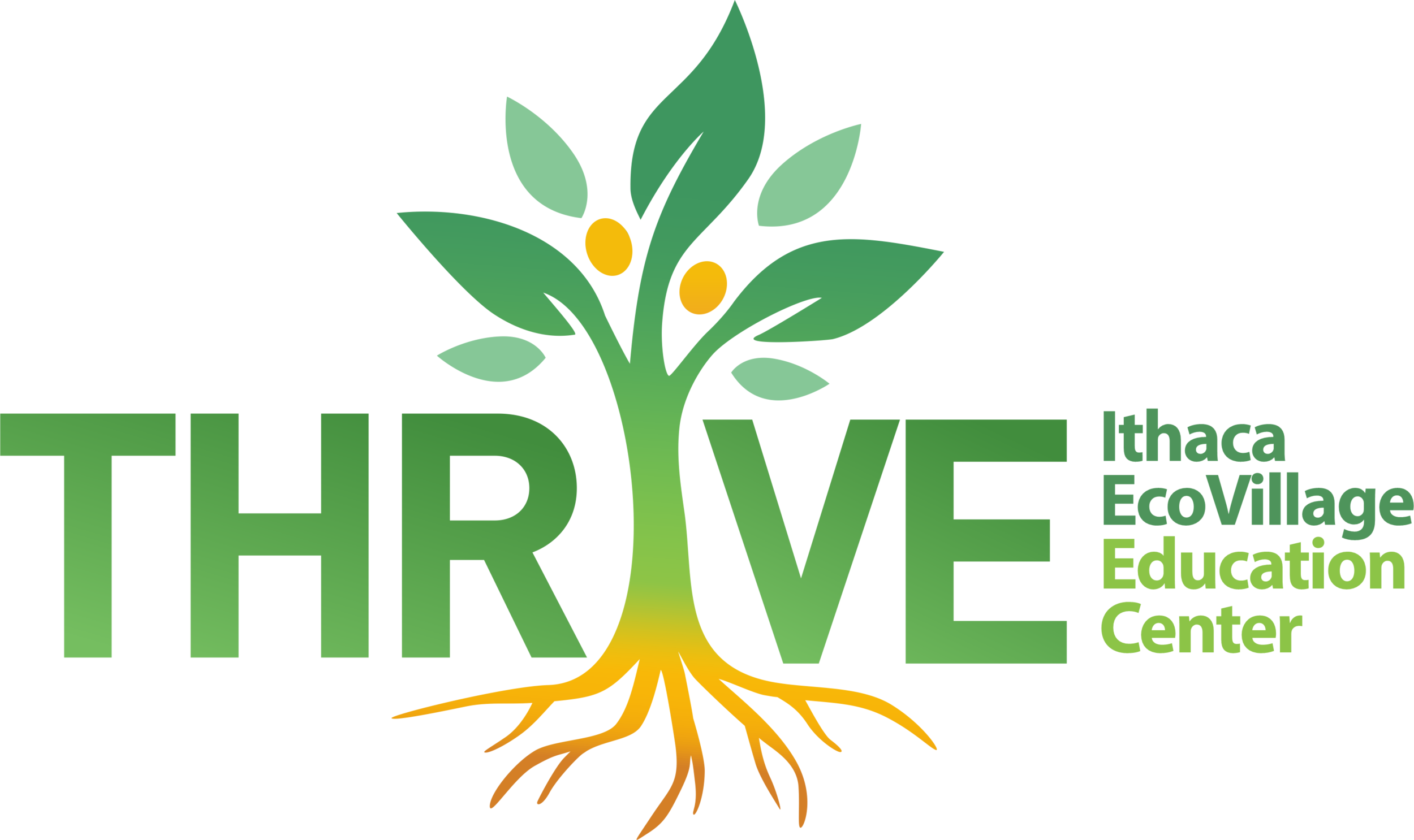Building Resilient Communities in a Chaotic World
Heat waves, natural disasters, rising sea levels. We know that climate change is affecting us physically, but did you know it is also hurting our mental and emotional health? Whether you’ve experienced a climate-related disaster first-hand or been overwhelmed by frightening stories in the news, you might have felt “eco-anxiety” before. Dr. Kathryn Caldwell, an Ithaca College psychology professor and EcoVillage resident, has advice for weathering the storm of climate change.
What is Climate Resiliency?
We already know that we need to reduce global carbon emissions to mitigate our impact on the planet. But climate change is already here, and we also need to prepare for the inevitable reality of life in our warmer world. Climate resilience is our ability to respond constructively to climate change both individually and as a society. Climate-resilient communities can adapt by adopting sustainable lifestyles which help us transition to a low-carbon future while at the same time increasing our capacity to withstand climate change.
To Dr. Caldwell, building climate resilience requires a holistic approach. Building a sustainable food and energy system is important, but so is strengthening community connections, promoting the arts, and striving for social and economic justice. Healthy, close-knit communities can better cope with stress and support each other through crises. Focusing on solutions and promoting positive imagery, especially in the news, can help bolster our sense of self-efficacy - that is, our belief in our ability to make a difference. Furthermore, practicing mindfulness and self-care is essential to avoiding burnout.
Climate Change and the COVID-19 Pandemic
Today, we find ourselves facing a unique challenge: a global climate crisis coupled with an equally global pandemic. Many have observed the similarities between climate change and the COVID-19 crises. Both require a commitment to make lifestyle changes for the common good, for example. Dr. Caldwell hopes that the pandemic will teach us a few lessons about how to respond to the climate crisis. After all, the pandemic has already forced us to simplify our lives and reconsider what we really need. Faced with national shortages, some people have rediscovered a connection to the environment around them, even growing their own food. This uncertain time could be offering us an opportunity to reimagine a more sustainable future.
Building Resilience at the EcoVillage
Confronted by the vast problem of climate change, we might become paralyzed by fear. Dr. Caldwell believes the secret to overcoming hopelessness is to take action in our communities: coming together to work towards a common goal gives us meaning and a sense of purpose. At the Ithaca EcoVillage, Dr. Caldwell is part of a team working to build resilience while reducing emissions at the community level.
The Climate Resilience Task Force is a steering group that coordinates multiple, smaller Resilience Action Groups. Each action group focuses on a specific dimension of climate resilience, like energy use or sustainable food systems. For example, the Sustainable Food Systems action group is working to make community meals at the EcoVillage healthy, local, and low-waste, promotes food preservation skills such as canning, and even plans to host a workshop on growing shitake mushrooms in the spring. Actions like these will not only make the EcoVillage community more resilient but also address the root causes of the climate crisis. Local or homegrown food produces fewer emissions than commercial agriculture and cooking community meals requires less energy.
In the future, Dr. Caldwell hopes that the Climate Resilience Task Force can be a model of action for other communities, from college campuses to neighborhoods. As a psychologist, she is keenly aware of how important peer networks and social modeling are to inspiring sustainable behavior changes. She also emphasizes the importance of balancing a dedication to taking action for climate change with time for self-care and reflection. Ultimately, the work of the Resilience Action Groups should be “life-affirming” because building climate resilience is “not about doom and gloom, but about hope, possibility, and joy”.
Editor’s Note: Join Kathryn Caldwell for a webinar presentation about building climate resilience at the Ithaca EcoVillage on Mon, Nov 30th, 2020, at 4:00 pm EST.

